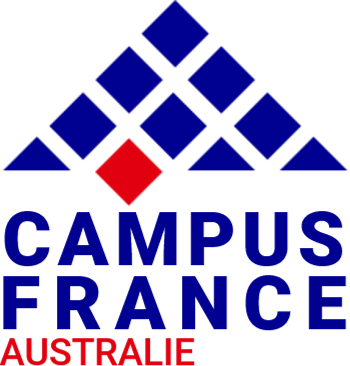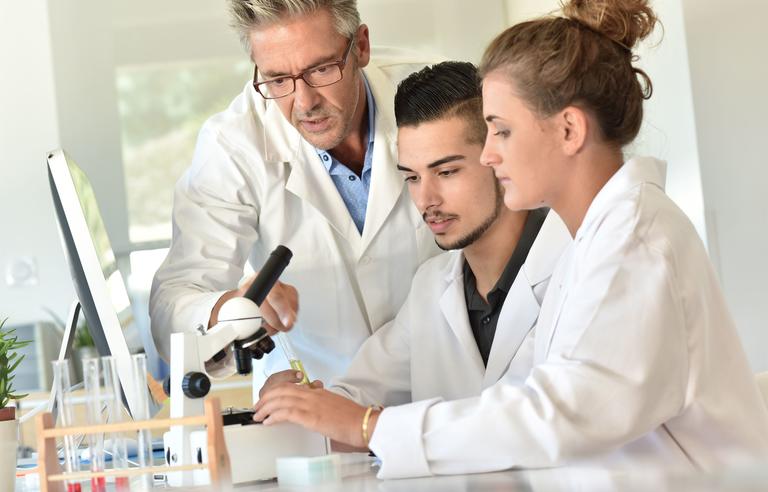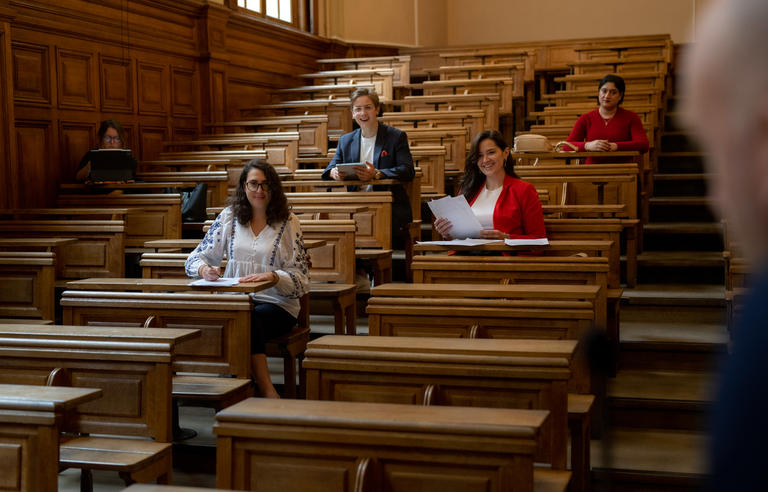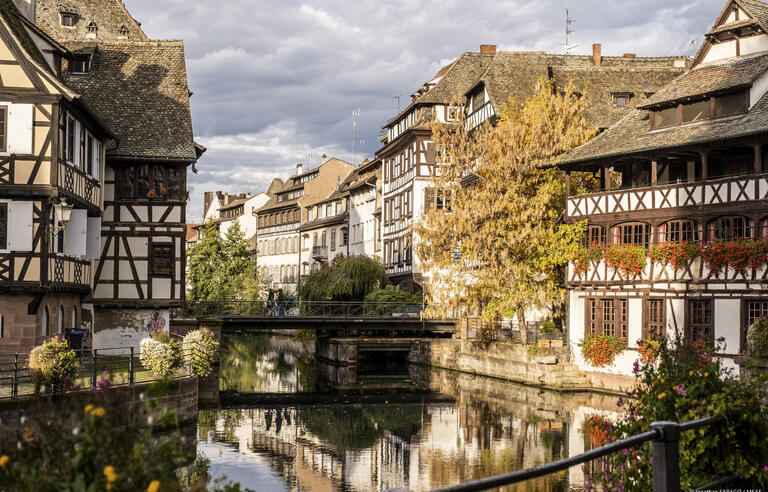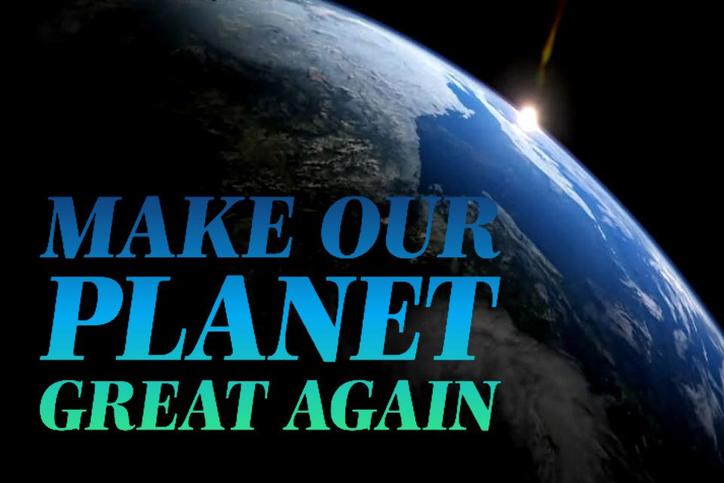Make Our Planet Great Again proposes programs to welcome international students and researchers in France.
Four main topics of research are prioritised: Earth system sciences, Climate change and sustainability sciences, Energy transition, and Societal challenges of environmental issues.
Make Our Planet Great Again (MOPGA) is an initiative of the President of the Republic, Emmanuel Macron, launched on 1st June 2017 following the decision of the United States to leave the Paris Agreement on the climate. It is a call to researchers and students, entrepreneurs, associations and NGOs, students and all civil society to mobilise and join France to lead the fight against global warming.
You can find all information regarding the application terms and conditions on the Campus France webpage of MOPGA or directly on online application modules (see below).
The 4 programs with the label "Make Our Planet Great Again" launched in March 2018 are supervised by Campus France and financed by the Ministry of Europe and Foreign Affairs (MEAE), and the Ministry of Higher Education, Research and Innovation (MESRI).
- A co-financed program for doctoral contracts: institutions will receive co-financing up to 50,000€ to host a doctoral student for 3 years. About 20 doctoral students will receive fundings for thesis starting in 2018.
- A co-financed program of post-doctoral research contracts: host institutions will receive co-financing up to 25,000€ for a year and 50,000€ for two years to host a post-doctoral student in research. 20 to 40 post-doctoral students will receive fundings for stays starting in 2018.
- A research short stays program: funding mobility from 14 days to 5 months for doctoral students or researchers in France. At least 40 mobilities financed for stays solely in 2018.
- A Master scholarships program up to 1,060€/month for students who want to come for 2 years in Masters course or one year in Masters 2 course (granting a degree equivalent to the grade of Masters'): about 50 scholarships for the start of academic year 2018.

Knowledge and monitoring of the physical, chemical, biological, ecological and social mechanisms that underpin global and regional environmental changes are needed.
They include an understanding of how these mechanisms have interacted in the past and how they are likely to evolve in the future as well as scientific assessments that are relevant to diverse contexts ranging from global to local scale.
Topics include :
- Enhanced observation of the Earth System and attribution of environmental and climate changes, including anthropogenic changes.
- Further understanding of processes, interaction scales, risks and thresholds.
- Improvement of modeling activities of complex Earth systems, data assimilation and predictability.
- Exploring future scenarios.
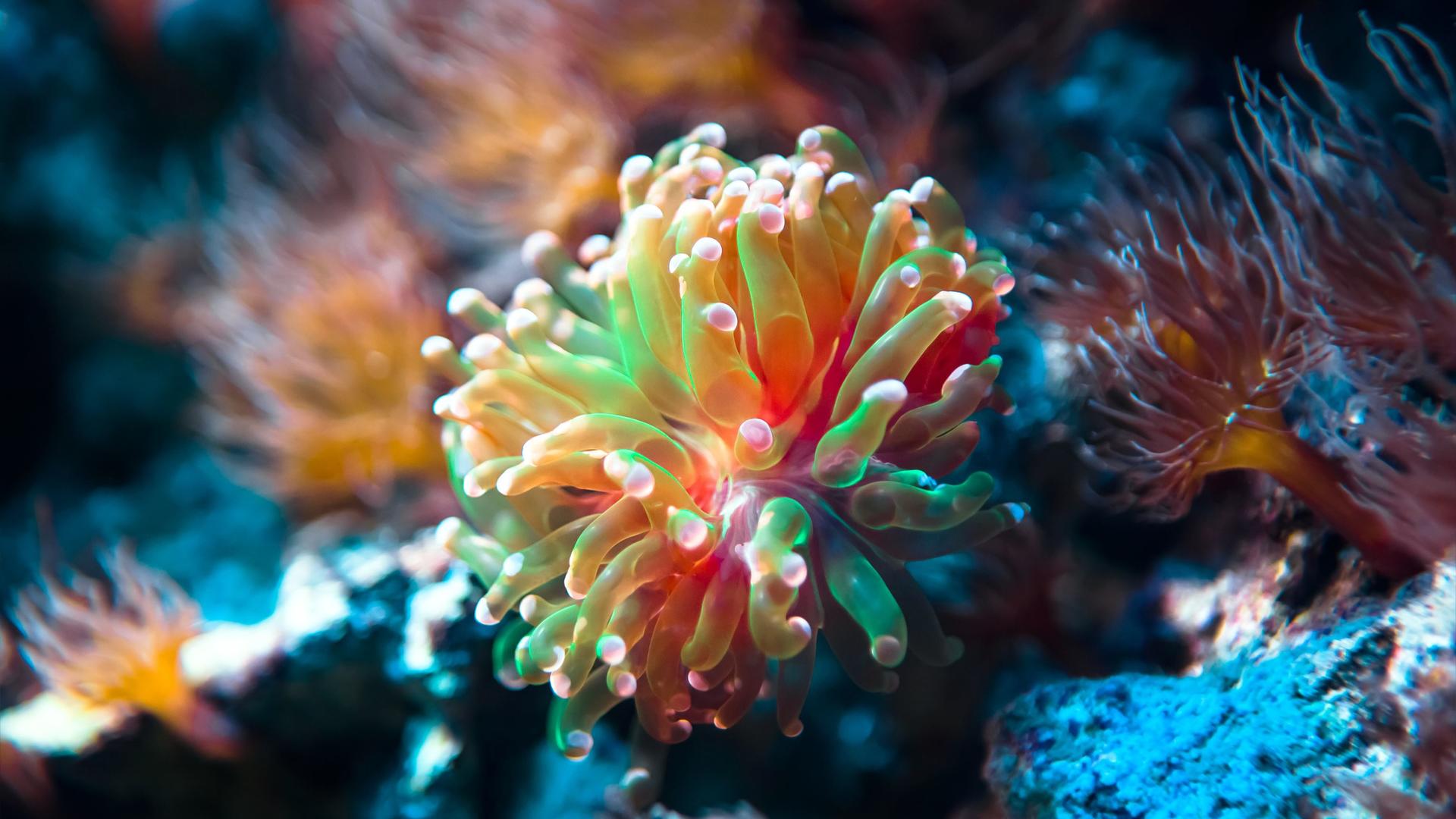
Critical knowledge gaps exist in ways of addressing sustainable development challenges in the context of global and climate changes. This includes meeting basic needs for a growing human population in a stressed ecosystem and how societies may address global environmental and sustainability challenges.
These transformative changes are many-sided; they are related to human health and well-being, demography, economics strategies and their associations with sustainable production and consumption, urbanization, new technologies and processes, energy and governance for global sustainability in particular but not only under climate change induced stress.
Topics include :
- Meeting basic needs and overcome inequalities.
- Governing and managing sustainable development locally and globally.
- Managing growth, synergies and trade-offs.
- Exploring, understanding and evaluating transformation pathways and life cycle issues.
- Developing, implementing and promoting sustainable technologies.
- Development of recycling technologies and of green and recyclable materials.
- Understanding and evaluating global health challenges and managing health risks and equities of environmental and climate change.
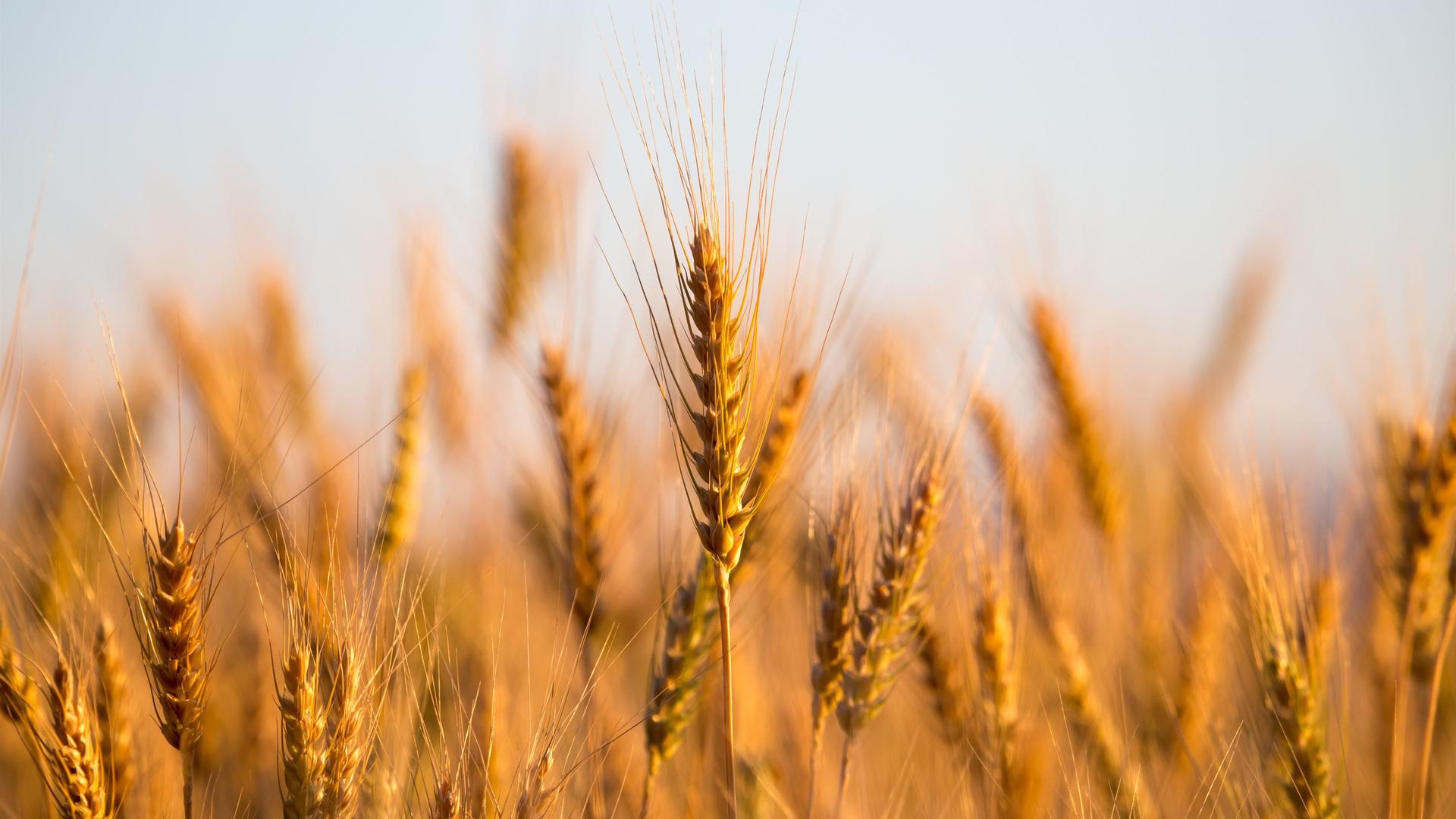
Faced with the challenges of environmental issues, adapting our economies, accepting societies or driving change are all issues for our contemporary societies.
The human and social sciences must make it possible to better understand and prepare for the implications of the changes for societies notably studied in the three previous topics. Research work in the disciplines of law, political science, economics, sociology, psychology or even philosophy, etc. is expected.
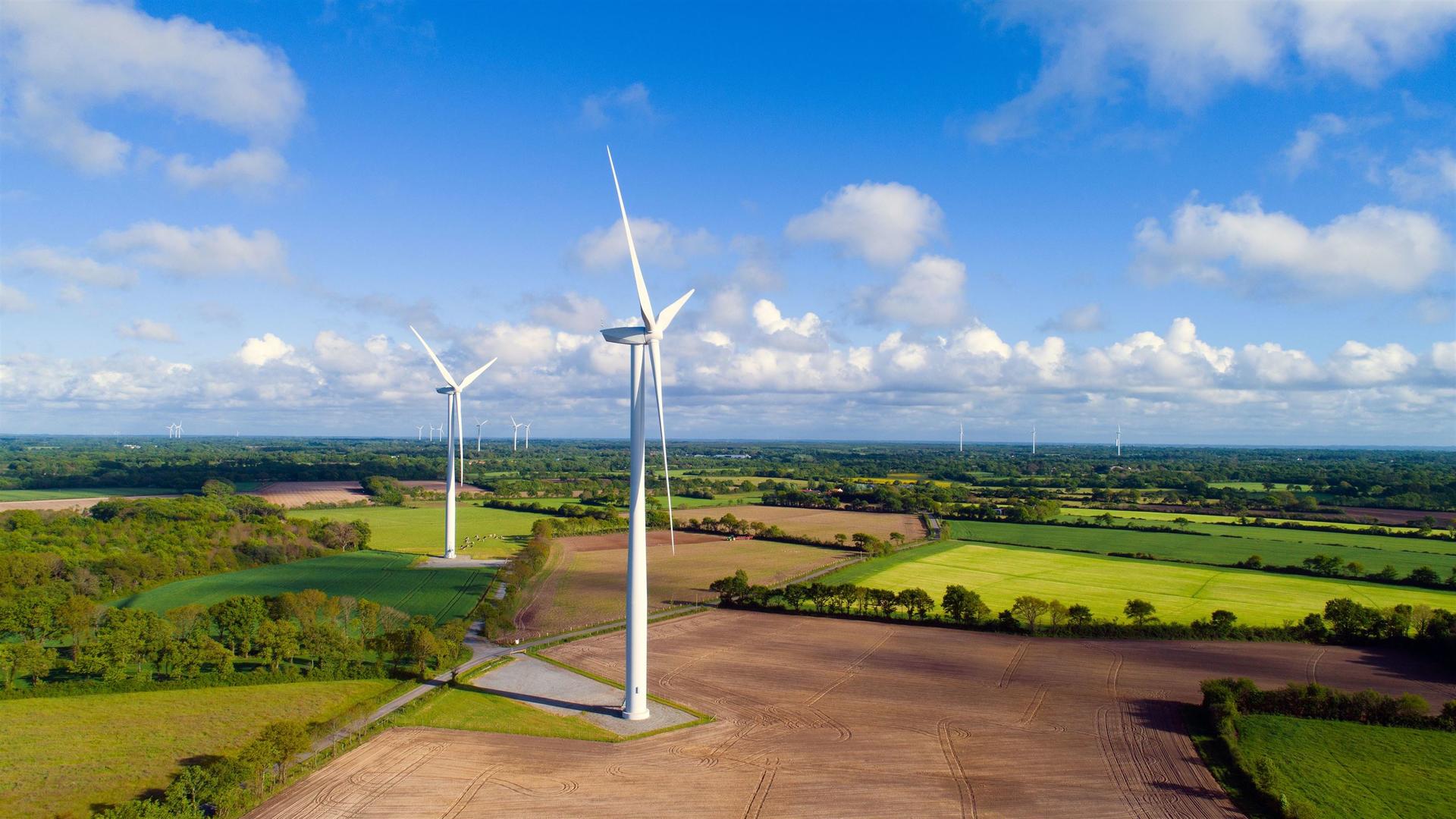
The transition from fossil fuels towards innovative zero carbon energy sources, associated to carbon sequestration and usage strategies, appear as the current solutions to diminish the Global Greenhouse Gas Emissions. Zero carbon energy sources have to be made available at the right time and the right place through efficient and affordable energy storage as well as smart management and distribution systems.
Overall, the concepts associated to the flexibility of population/economic needs and consumption habits should be put in the perspective of an accelerated energy transition.
Topics include :
- Emerging innovative concepts and technologies for massive energy production, storage and distribution.
- Energy efficiency.
- Economically, environmentally and socially viable production and bioproduction of bio- sourced raw materials.
- Systemic approach of the energy transition including economic, ecologic, and social challenges, and the development and analysis of prospective scenarios.
If you have a question...
... and want a customised answer, write to mopga@campusfrance.org. You will receive an answer as early as possible.
If you want to stay tuned with news and calls for projects about the Make Our Planet Great Again initiative...
... and receive our emailings, send an email to infomopga@campusfrance.org. Your email address will automatically be included to our mailing list.

